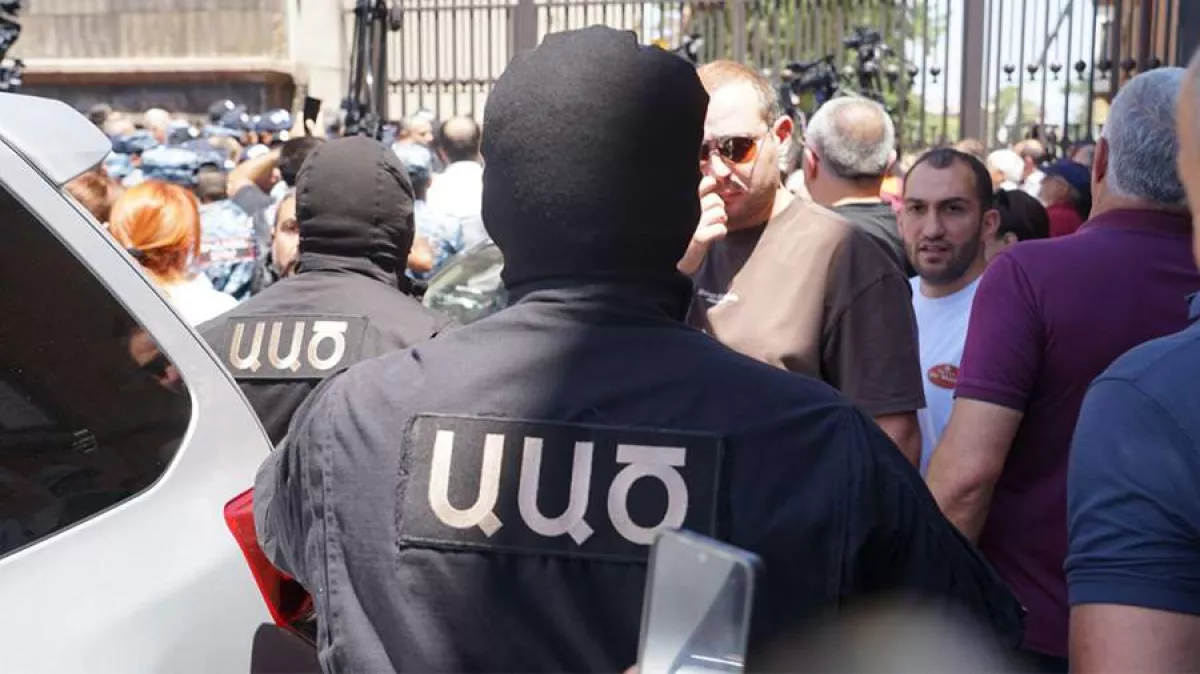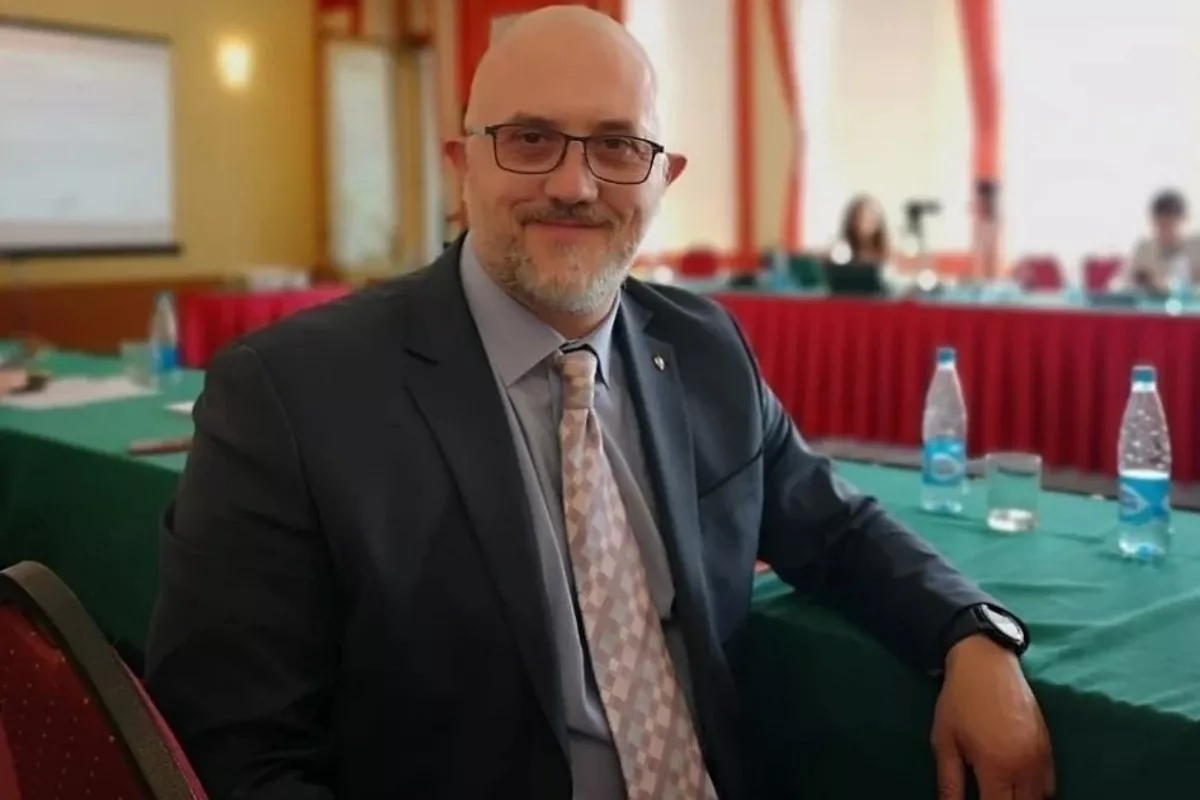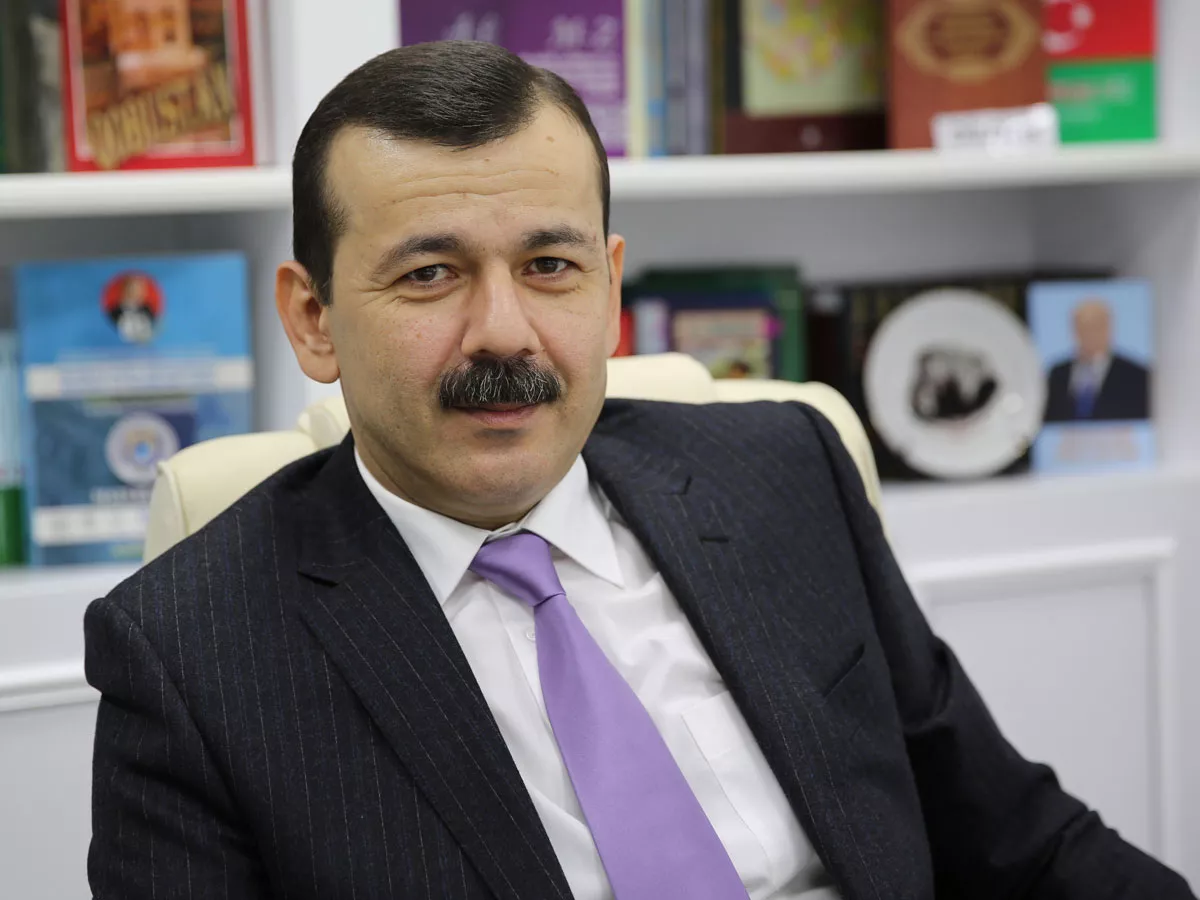Armenian crisis and the silence of the West Expert opinions on Caliber.Az
Armenian Prime Minister Nikol Pashinyan commented on the recent events in Etchmiadzin, Armenpress reported, citing the Prime Minister’s Facebook page.
“It became clear who was inciting the clashes at the Mother See. When they saw that law enforcement officers refused to succumb to provocations, they turned on each other in fistfights. There will be no clashes. The faithful flock of the Holy Armenian Apostolic Church will liberate its holiest sanctity—the Mother See – in a Christian manner….”

On Friday, June 27, special forces operatives from Armenia’s National Security Service wearing masks entered the residence of the head of the Armenian Church, Garegin II, in Etchmiadzin.
“All the clergy of Armenia are ready for arrest. We are all in the Holy See of Etchmiadzin,” wrote Hieromonk Asogik Karapetyan on his social media, according to Armenian media reports.
There are also reports of searches being conducted in the Shirak Diocese in Gyumri. According to Armenian press reports, the situation in Etchmiadzin remains "extremely tense."
The Catholicos of All Armenians, Garegin II, addressed the citizens and clergy gathered in Etchmiadzin, stating that the senior clergy will make a decision about further actions.
A scuffle reportedly broke out in Etchmiadzin between police officers and clergymen, after members of the clergy refused to allow law enforcement to enter the Catholicos’s residence.
The head of the Shirak Diocese, Archbishop Mikael Ajapahian, who is accused of inciting the seizure of power, decided to voluntarily appear before Armenia’s Investigative Committee, where he was subsequently arrested.
People gathered at Garegin II’s residence in Etchmiadzin blocked the vehicle that was supposed to take Ajapahian to the Investigative Committee. As a result, the archbishop left the Catholicos’s residence and set off on foot to Yerevan, accompanied by a group of believers. The distance between Etchmiadzin and Yerevan is about 20 kilometres.
Earlier reports stated that Armenian security forces had given the archbishop two hours to appear voluntarily before the Investigative Committee. At 17:55, Archbishop Mikael Ajapahian entered the building, accompanied by masked officers of the National Security Service. He has been formally charged with making public calls for the violent overthrow of the government.
Armenia’s National Security Service stated that it continues to carry out its duties to ensure public order and safety. It also emphasised that any obstruction of lawful actions by law enforcement is subject to legal assessment.
But what is Prime Minister Pashinyan really aiming to achieve? What lies behind the actions taken against senior members of the clergy? And why is the West silent? If such events had occurred in Azerbaijan or another country, Western institutions, human rights organisations, the Council of Europe and the European Parliament would have already issued statements of protest and demands. In this case, however, we are witnessing what amounts to tacit approval. How can this double standard be explained?
Leading experts have shared their views with Caliber.Az.

Yevgeny Mikhailov, Director of the Russian Centre for Strategic Studies of the South Caucasus, believes that the confrontation between Nikol Pashinyan and the Church primarily points to the Prime Minister’s weakness and the risk of losing the upcoming parliamentary elections.
“Why? Because before Armenia’s defeat in the Second Karabakh War — when Azerbaijan swiftly resolved the issue of restoring its occupied territories — only around 12% of the population supported the Church. After the defeat, when the Armenian Church began sharply criticising Pashinyan for his indecisive actions, its popularity soared. Now, about 61% of Armenia’s population seriously listens to Garegin II.
What’s happening is not unique to Armenia. In several other countries — such as Moldova and Ukraine — there have been attempts to weaken the influence of the clergy. And in Georgia, the Patriarch remains one of the most influential figures,” the expert stated.
According to him, there has been some response from Europe: “Western civil society organisations are warning Pashinyan that such actions are unacceptable, although there have been no official statements from Western leaders. Of course, double standards are evident. If Azerbaijan had arrested someone, Armenian media would be the first to amplify Western accusations.
The question of whether the current situation in Armenia actually benefits Azerbaijan remains open. Chaos in a neighbouring country might force Azerbaijan to assume greater responsibility for regional stability. If Pashinyan loses power, more radical forces may come to power — those willing to drag the country into another war.
Despite all the contradictions, Pashinyan remains more predictable for both Azerbaijan and Türkiye. His policies are unacceptable to Armenia’s nationalist circles. He missed the opportunity to establish relations with Baku before the war, choosing instead a populist stance. It almost feels as if he has decided to become the last leader of the Republic of Armenia.
Personally, despite my criticism of Armenia, I do not want it to lose its statehood or fall into chaos. That would be detrimental for both Azerbaijan and Türkiye — especially amid growing tensions in the Middle East, where a potential escalation between Iran and Israel could destabilise the South Caucasus. This is precisely why an agreement between Pashinyan and the Church on the latter’s non-interference in politics could serve as a compromise, ensuring neutrality and relative stability,” Mikhailov suggests.

Azerbaijani political analyst Murad Sadaddinov also noted that the developments in Armenia are causing concern across the region.
“Why is the West silent? I believe there are two key reasons. The first is a selective approach to different countries. We have seen how harshly European institutions reacted to events in Georgia. And if something similar had happened in Azerbaijan, international organisations would have been the first to condemn the authorities' actions.
But in Armenia’s case, we haven’t even heard the usual token statements. This clearly illustrates the double standards applied to South Caucasus countries. For 30 years, the international community ignored the occupation of 20% of Azerbaijani territory, along with mass killings and destruction. All we heard were calls for negotiations.
The second factor is that Pashinyan has apparently secured support from Western institutions in his confrontation with the opposition, justifying his actions by portraying his opponents as revanchist forces controlled from abroad. Their goal, he claims, is to overthrow the government and halt Armenia’s pro-Western course,” Sadaddinov believes.








